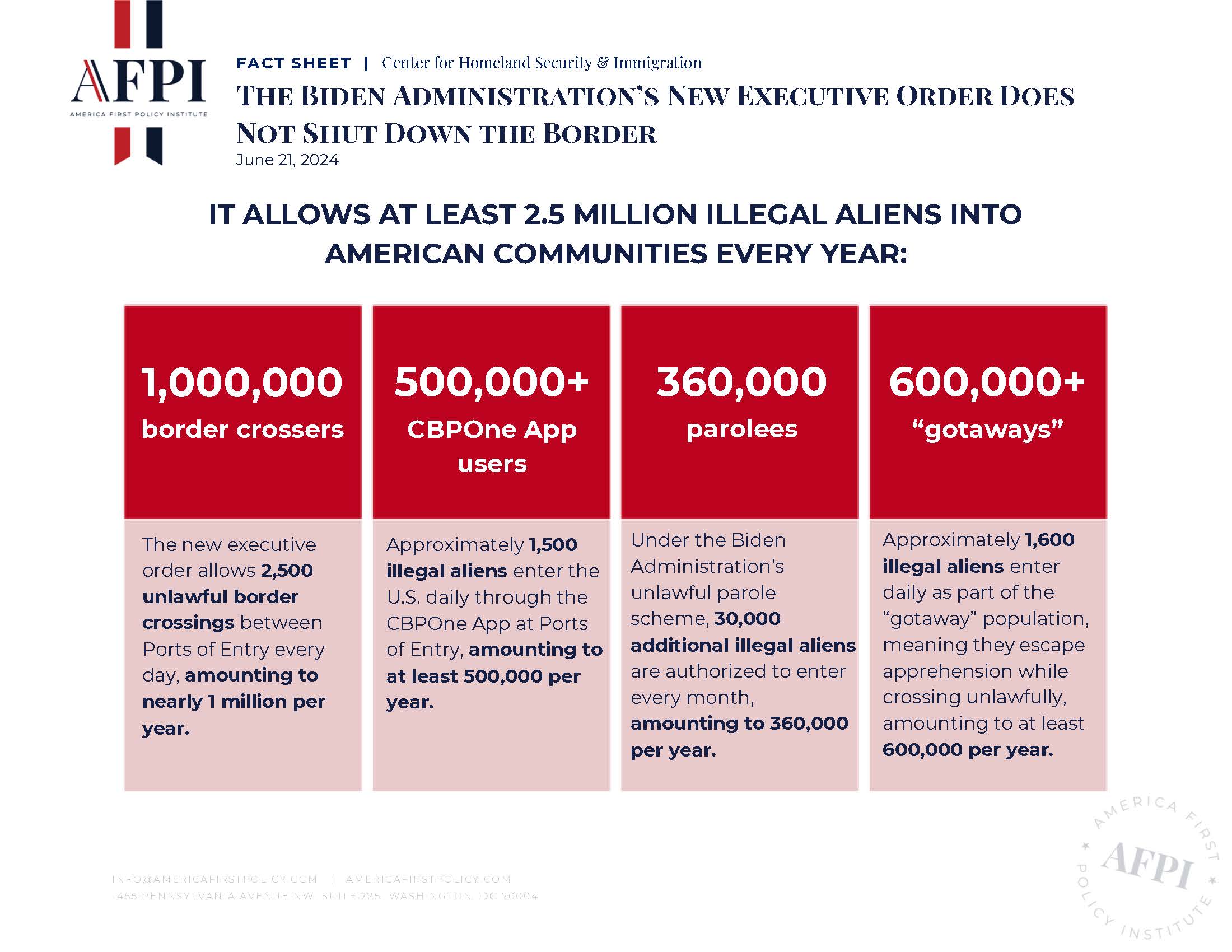FACT SHEET: The Effectiveness of Faith-Based Rehabilitation in reducing Recidivism
INCARCERATION AND RECIDIVISM IN THE UNITED STATES
In the United States there are approximately 2 Millino incarcerated individuals.
More than 95% of today's prison population are serving a sentence that will end with a release back into society.
According to sudies by psychologists, recidivism occurs when four forces converge:
- Thinking patterns that promote criminal behavior;
- Personality patterns that facilitate criminal behavior;
- Involvement with other individuals who participate in criminal behavior; and
- A history of engaging in criminal behavior.
According to a Department of Justice study that tracked recidivism patterns from 2005–2014:
- Of formerly incarcerated individuals approximately 68% were rearrested within 3 years; 79% were rearrested within 6 years; and 83% were rearrested within 9 years.
THE EFFECTIVENESS OF FAITH-BASED REHABILITATION
Faith-based rehabilitation has proven to be very effective in preventing recidivism, according to multiple studies:
- During a 2 year follow-up period of the InnerChange Freedom Initiative faithbased prison program of the offenders who partocopated only 8% experienced recidivism; did not participate 20% experienced recidivism.
- During a 3-year span from 2008-2011, of the Prisoner Entrepreneurship Fellowship’s faith-based correctional rehabilitation program of the offenders who participated only 7% experienced recidivism; did not participate 24% experienced recidivism.
According to data from the Minnesota Department of Corrections regular visitation from clergy reduces the rate of reconviction by as much as 24%.
Participation in religious programs can promote feelings of hope and self-worth, thus “increasing the likelihood that a person after release can cope with stresses and strains without the use of crime, drugs or alcohol.”
